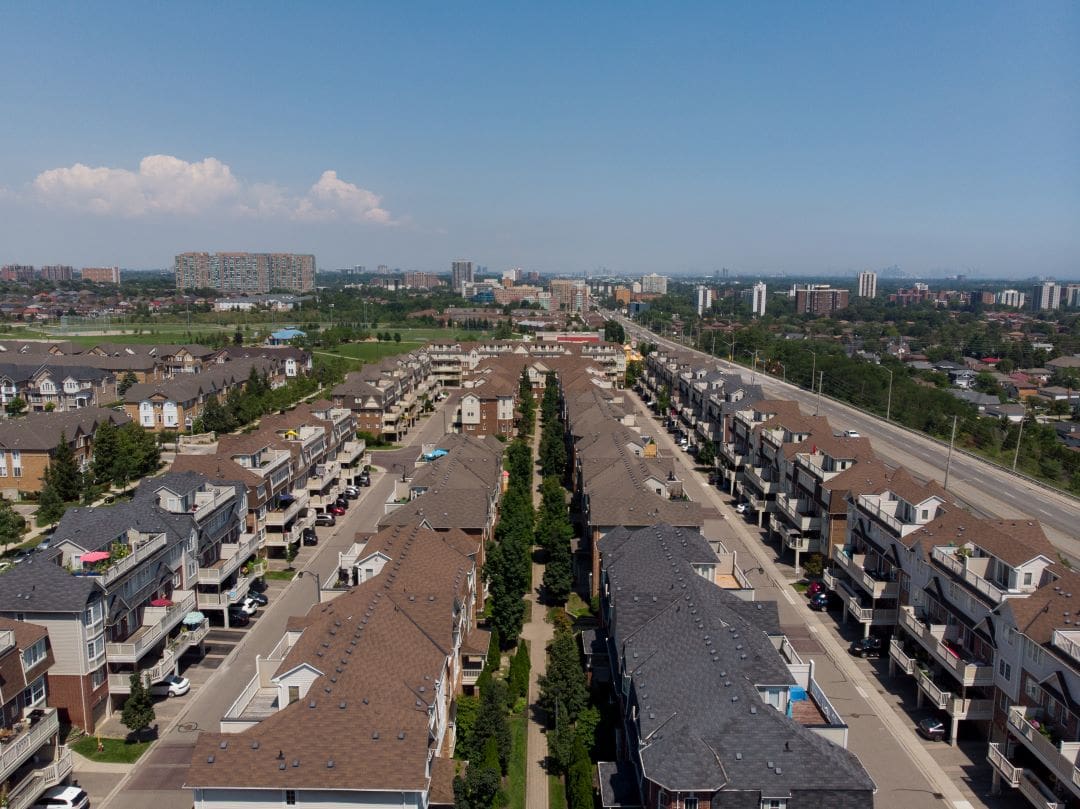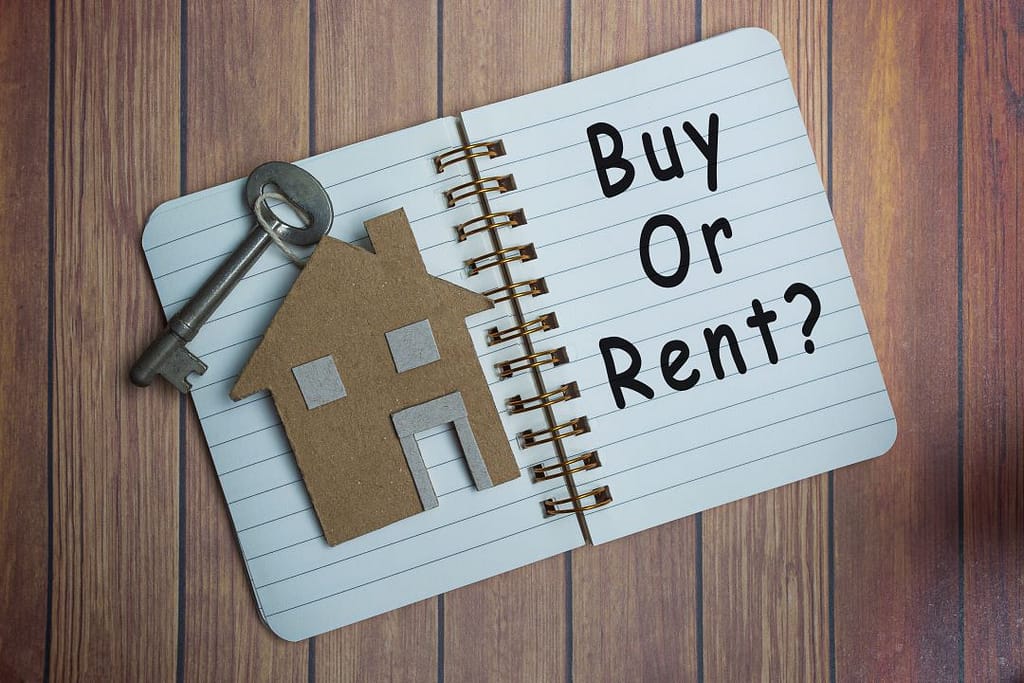The decision to rent or buy a home is one of the most significant financial choices many people will make in their lifetime. In Mississauga, Ontario, a rapidly growing city just west of Toronto, this decision is becoming increasingly complex as market conditions evolve. Today, the debate over whether to rent or buy in Mississauga is more relevant than ever. This blog will explore the key factors influencing this decision, including market trends, financial considerations, and lifestyle preferences.
Table of Contents
Mississauga Real Estate Market Overview
Mississauga has experienced substantial growth over the past decade, transforming from a suburban community into a bustling urban center with diverse housing options. The city’s real estate market has been dynamic, with prices fluctuating due to various economic factors, including interest rates, supply and demand, and government policies.
As of 2024, Mississauga’s real estate market continues to be competitive, though it has seen some cooling compared to the peak periods of the last few years. The average home price in Mississauga is still relatively high, but the pace of price increases has slowed, providing some relief to potential buyers. However, the cost of buying a home remains a significant barrier for many, particularly first-time buyers.
On the other hand, the rental market in Mississauga has also seen significant changes. Rental prices have risen steadily, driven by high demand and a limited supply of rental units. The city’s growing population, coupled with an influx of young professionals and newcomers, has put pressure on the rental market, making it increasingly competitive.

Financial Considerations: Renting vs. Buying
One of the primary factors in the rent-versus-buy debate is the financial aspect. Both options have their advantages and disadvantages, depending on an individual’s financial situation and long-term goals.
Cost of Renting
Renting in Mississauga offers flexibility and requires less upfront capital compared to buying. Tenants typically need to provide a security deposit and first and last month’s rent, which is a much smaller financial commitment than a down payment on a home. Renting also eliminates the need for property taxes, home maintenance, and repair costs, which are the responsibility of the landlord.
Renters often face rising rental costs, especially in Mississauga, where high demand drives up prices. Unlike homeowners, renters do not build equity, so all the money spent on rent is lost without any return. Additionally, landlords can end a lease if they decide to sell or use the property themselves. Renting from a property management company can offer more stability and peace of mind, as these arrangements tend to be more secure in the long term.
Cost of Buying
Buying a home in Mississauga is a substantial financial commitment, with the need for a significant down payment, typically 5% to 20% of the property’s value. Buyers also need to account for additional costs such as closing fees, property taxes, and ongoing maintenance. However, owning a home allows individuals to build equity over time, which can be a valuable asset for the future.
Mortgage rates play a crucial role in the affordability of buying a home. As of 2024, interest rates in Canada are expected to remain relatively stable, but even small fluctuations can significantly impact monthly mortgage payments. Potential buyers must carefully consider their financial situation, including their ability to manage mortgage payments, especially if rates increase.
Lifestyle Considerations: Renting vs. Buying
Beyond the financial implications, lifestyle preferences are a major factor in deciding whether to rent or buy in Mississauga.
Flexibility vs. Stability
Renting offers flexibility, which is particularly appealing to those who may need to relocate for work, family, or other reasons. Renters are not tied down to a property and can move with relative ease when their lease ends. This flexibility can be advantageous for individuals who are not yet ready to settle down or who prefer the convenience of not being responsible for property maintenance.
In contrast, buying a home provides stability and a sense of permanence. Homeowners have the freedom to personalize their living space and make long-term decisions about their property. For families or individuals planning to stay in Mississauga for an extended period, buying a home can offer a sense of security and community connection that renting may not provide.
Investment Potential
Real estate is often seen as a good long-term investment. In Mississauga, property values have historically appreciated over time, making homeownership a potentially lucrative investment. However, it’s important to remember that the real estate market can be unpredictable, and there is no guarantee of constant appreciation.
Renting, while not offering the same investment potential, allows individuals to invest their savings elsewhere, such as in stocks, bonds, or other financial instruments. This can be a viable option for those who prefer not to tie up their capital in real estate or who want to diversify their investment portfolio.
Conclusion: Which is Better in 2024?
The decision to rent or buy in Mississauga in 2024 ultimately depends on individual circumstances, financial goals, and lifestyle preferences. Renting offers flexibility and lower upfront costs, making it an attractive option for those who value mobility or are not ready for the long-term commitment of homeownership. On the other hand, buying a home provides stability, the potential for equity growth, and the opportunity to invest in a tangible asset.
For those considering buying, it is essential to assess your financial readiness, including the ability to handle mortgage payments, property taxes, and maintenance costs. If long-term stability and investment potential are priorities, buying may be the better choice.
Conversely, if flexibility, lower upfront costs, and freedom from property maintenance are more important, renting could be the more suitable option. Ultimately, the best decision will depend on your unique situation and priorities, making it crucial to carefully weigh the pros and cons of each option before making a choice.
Contact me if you have any questions about home insurance. Contact me today.
